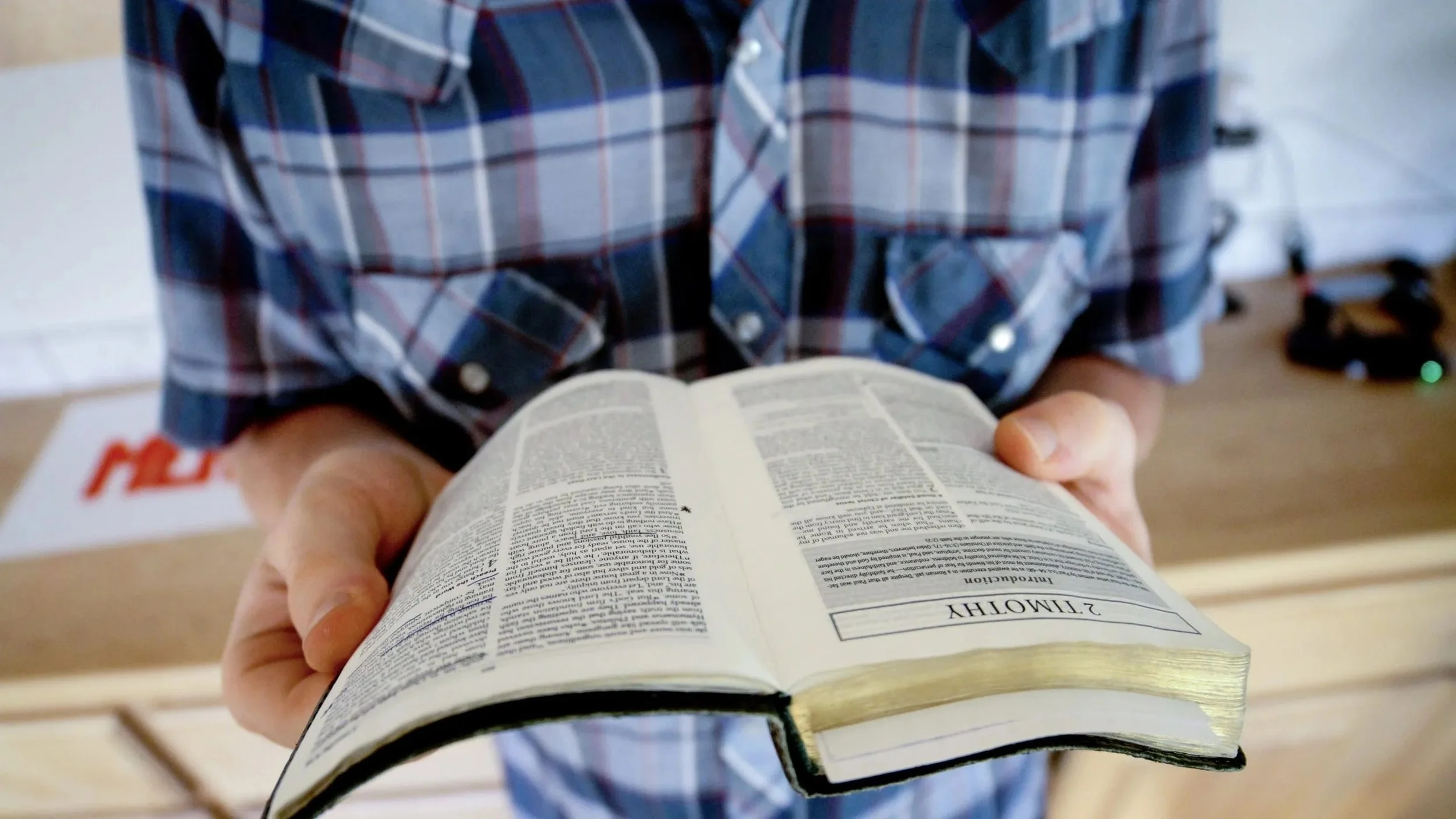
Biblical Truth for Daily Life
A Blog by Heather Pace
Welcome!
I’m glad you’re here. At Truth for Women, you’ll find biblical wisdom for marriage, motherhood, and the everyday choices that shape a faithful life. Feel free to look around and stay awhile.
Featured Posts
Latest Posts
Posts















